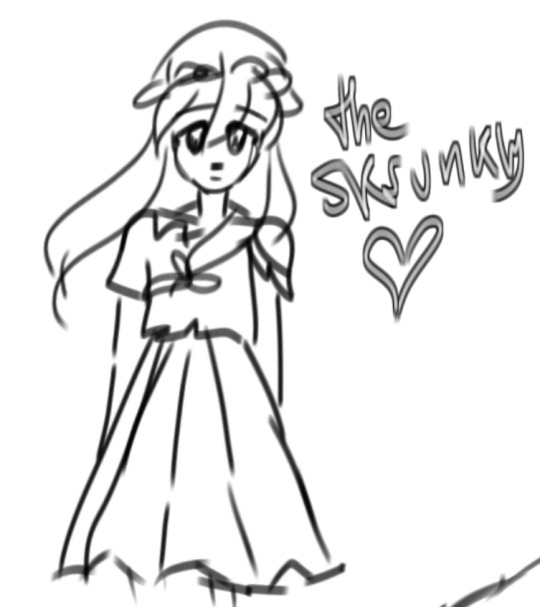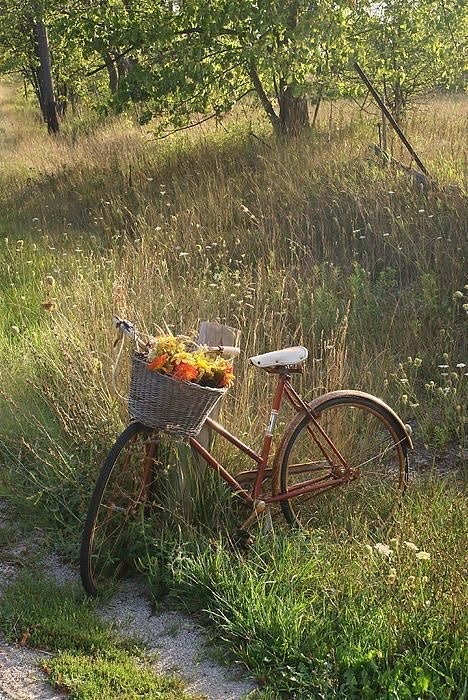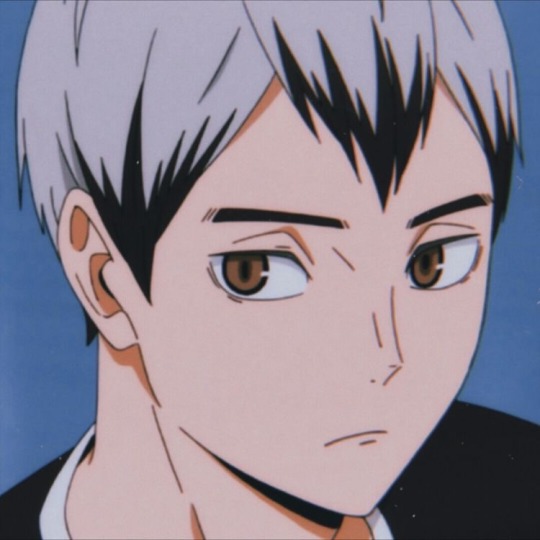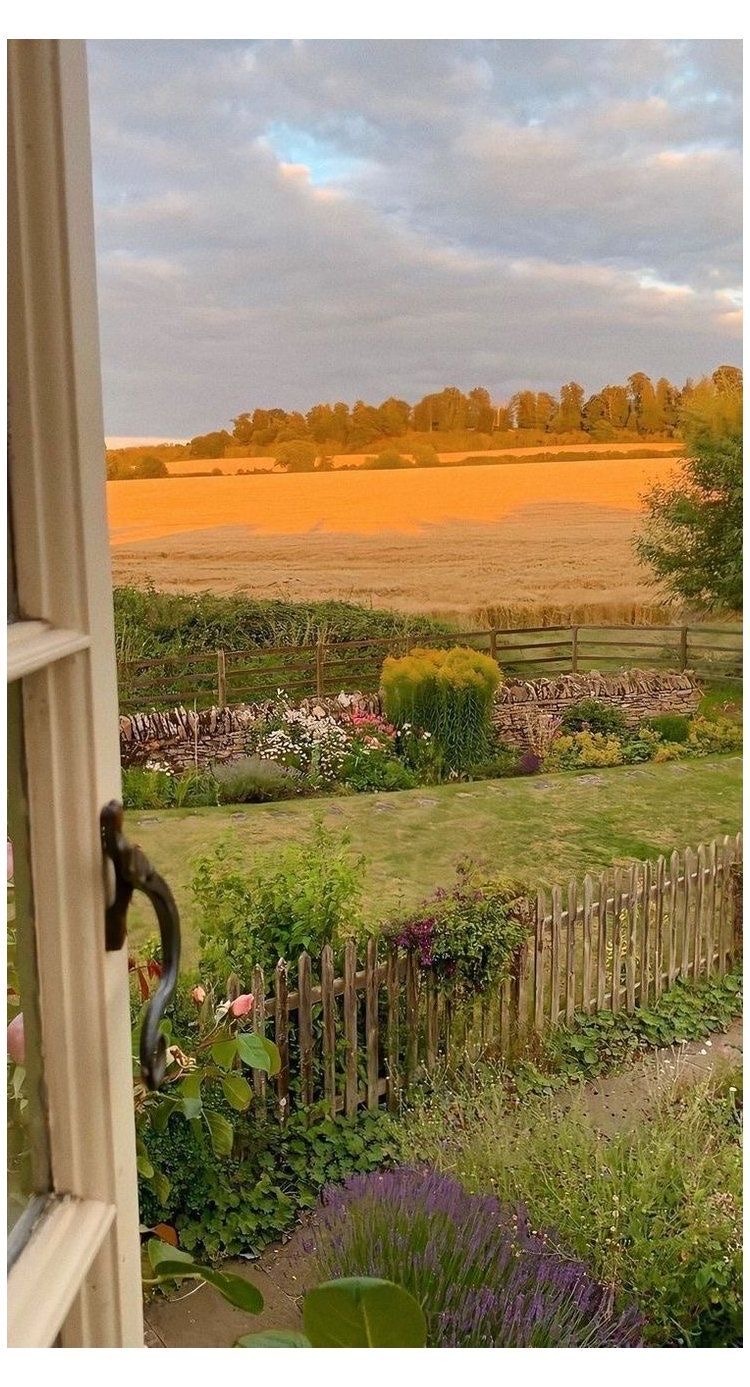#i only ever watched this in arabic and it brings me so much nostalgia
Text



Please listen to the arabic version of fantine's song it literally makes me cry every time
youtube
#shoujo cosette#probably most niche fandom I've made fan art of#so nostalgic#gavroche#eponine#cosette#i only ever watched this in arabic and it brings me so much nostalgia#the scene where gavroche sings the lullaby#i know it seems like i like eponine the most#thats because its true#les miserables#البؤساء#predicting a flop#my art#artists on tumblr#art#fanart#sketches#Youtube#shojo cosette#spacetoon
26 notes
·
View notes
Note
If it isn't to much trouble may i have haikyuu (male) matchup please. My pronouns are she/her. Im a Capricorn, my Mbti type is infj-a/infj-t. My pronouns are she/her. I tend to be shy around new people but I can be somewhat loud with people who im close to. I have medium length brown hair, green eyes i wear round glasses,pale skin and a lot of freckles. My height is 5'0. Im not very athletic and im not a big fan of sports but i love to go roller and ice skating. I also love to read books and to also cook and bake food. I also like to garden. I've been playing the violin for 6 years. I love animals and im planing on becoming a wildlife veterinarian. I like to Watch nature/animal documentaries. I also like sweets. Some things i dislike are people who bend or ruin my books and people who speak over me when im trying to talk. Uh ny favorite type of aesthetic would be cottagecore. I hope this is ok, sorry if i spelt anything wrong. Hope im not bothering :)
@armin-ocean-eyes
Romantic Matchup
𝑲𝒊𝒕𝒂 𝑺𝒉𝒊𝒏𝒔𝒖𝒌𝒆

𝐻𝑜𝑤 𝑌𝑎𝑙𝑙 𝑀𝑒𝑡
So rather than being apart of a sports club
You where apart of Inarizakis gardening club!
You we’re just minding your biz
Gardening and shit
When our boy Kita stopped by to drop off some seeds for the club!
He always brought in seeds from his grandparents farm for the club
And you would always talk to him whenever he stopped by
Little did you know...
The only reason he ever stopped by was to see you!
Sure, he liked to help out fellow clubs
But it was your smiling face and quiet personality that brought him back every time
And today was the day he was finally gonna ask you out
Granted it took a lot of hype from Arab for this to happen
But it was going to happen nonetheless!
He very shyly asked you if you would be interested on going on a date with him
And he was low key shocked when you said yes
So shocked that he realized he didn’t even have a date planned yet 😀
However you took the lead in this aspect and decided to bring him with you to volunteer at the local animal shelter
It was actually a really fun date!
Kita really likes animals
And he likes lending a helping hand
So this was a great way to do both
After the date was done he promised you that he would plan the next date
And let’s just say you guys have had PLENTY of “next dates” ;)
𝑊ℎ𝑎𝑡 𝑇ℎ𝑒𝑦 𝐿𝑜𝑣𝑒 𝐴𝑏𝑜𝑢𝑡 𝑌𝑜𝑢
Ok so he DOES like that your quiet sometimes
BUT
He enjoys the fact that he is one of the few people who gets to see your louder personality
Alright now hear me out for this one
He likes that you have domestic hobbies
Am I making sense here?????
Idk kita just seems like a guy who wants that traditional lifestyle
And hobbies like cooking, baking, reading, and gardening really fit into that
𝐹𝑎𝑣𝑜𝑟𝑖𝑡𝑒 𝑇ℎ𝑖𝑛𝑔𝑠 𝑇𝑜 𝐷𝑜 𝑇𝑜𝑔𝑒𝑡ℎ𝑒𝑟
Oh he LOVES to just sit and read with you
Remember how I said he likes a more traditional lifestyle?
Well how much more traditional can you get then playing music and cuddling with your s/o on the couch while reading a book ¯\_(ツ)_/¯
Other than that
He really enjoys helping you cook or bake
You two usually make dinner together every night
And then if y’all are in the mood
You’ll both make desert :D
𝑅𝑎𝑛𝑑𝑜𝑚 𝐻𝑐
Kita doesn’t really garden per say
He’s more of a farmer kind of guy
But he does have a lot of indoor plants in the house
And I feel like if he were to name them he’d name them things like sprout or bud
You know....plant things
Kita s favorite deserts are all fruit based
So like pies or tarts
He doesn’t really like chocolate all that much
Ever since you two started dating
You both have made an effort to go volunteer at the animal shelter quite often
𝐴𝑠𝑡𝑟𝑜𝑙𝑜𝑔𝑦
When Cancer and Capricorn make a love match, it’s a celestial pairing of great tenacity and determination.
Capricorn, the Sea Goat, is focused on logic, on being down-to-earth and real
Cancer brings a charge of emotional intensity to the relationship.
Both hold one another to high standards tempered by an abiding mutual respect.
In a Capricorn mate, Cancer finds dedication, and in return Capricorn comes to love Cancer’s persistence.
These two Signs from opposite sides of the Zodiac can come together to create a very successful and secure connection.
This relationship builds and grows from a strong foundation of material and emotional security.
Both Signs can be depended on to make frugal, conservative decisions.
It doesn’t have to be all solemnity, though, as Cancer can help their hard-working Capricorn lover to relax a little at the end of the day, to take time to enjoy the rewards of all that labor.
Cancer will also be the one to polish and preserve the fruits of their shared accomplishments
Cancer is the keeper of nostalgia and cherished memories and possessions.
Capricorn moves Cancer toward achievement and keeps in check their Crab-like tendencies, enlightening Cancer to the more important matters of the world outside their own easily bruised heart.
This relationship succeeds if there is an ironclad commitment and a stable, traditional home environment.
Their utter dedication to one another and their mutual commitments toward shared goals.
Both are lovers of quality and of beautiful, luxurious things, and neither shirks at the idea of a little hard work if that’s what it takes (in fact, Capricorn would rather be working than almost anything!).
Their shared passions, sense of responsibility and morality make theirs a highly compatible relationship.
𝑂𝑣𝑒𝑟𝑎𝑙𝑙 𝐴𝑒𝑠𝑡ℎ𝑒𝑡𝑖𝑐
𝒞ℴ𝓉𝓉𝒶ℊℯ𝒸ℴ𝓇ℯ 🪴









#haikyuu!!#haikyuu fandom#haikyuu x y/n#haikyuu hcs#haikyuu fluff#haikyuu headcanons#haikyuu x reader#haikyuu matchups#kita#kita shinsuke#kita x y/n#kita x reader
27 notes
·
View notes
Text
1-2-3-Yes!
My, I’ve been very productive over the last few days. I’ve experienced an upwelling of inspiration, and I find it in the oddest of places. In my last post I went on a mini rant about cleanliness, and how the people we rely on to bring us to that state have had the tables turned on them. Make no mistake though, I do like to tidy the bedroom before I sit down to write. We’re always trying to create order in our lives because we’re just reflecting the need for security, and clarity. I give credit to my own happiness for my ability to write again, and in a more focused way than ever before. I’m a natural thinker, a conceptual problem solver, and I do get this ‘high’ from being able to sort out my thoughts, and to put them in a form where they can find themselves in the world.
I consider myself a late bloomer in the sense that during the years I spent in university, when you’re supposed to be reaching your peak, my point of view on my own thinking was cracked. I felt like my thoughts were muddled, there was no clear direction, and that led me to doubt my capabilities. I can’t even count the number of times I’d decided I’d be switching majors. I’m sure my parents were anxious about that. I’d be told I was smart, and my private response would be “what the fuck?”. I felt inauthentic, like a bloody fraud. That I got there by pure luck. There was a thick fog in my mind. But over the last little while I feel the cohesion of my thinking, and the way I see myself, cementing incredibly rapidly. Again, I owe this to My Own Happiness, generously holding a mirror up to me wherever I go, so that I may see myself more accurately.
In a way, language--its mechanics, its malleability, the mind-blowing and surprising connections contained within it--has followed me through life. For many years it wasn’t a thing I thought the core of me--it was more like people telling me I had a talent for it. But where to apply such an idiosyncrasy? Reflecting on my years in university, I think that the trouble I had settling on one major was just an indication that this essential thing in me refused to be bound by the constraints of a certain ‘discipline’. And ‘discipline’ is the right word for it. I tried organic chemistry, for instance, and while I found it fascinating I felt like being in a lab was suffocating too, because it didn’t answer the questions I had in me that were begging to be answered. Screaming, really. I am expansive and I wanted to find what responded in kind, with encouragement. The closest companion I found was the body of Philosophy, but ‘thinking critically’ had its limits too.
I never got my degree. The courses I took never amounted to anything considered ‘viable’, but I was hopelessly obsessed with ‘the big picture’. And in my mind, I could never achieve that understanding by specializing.
No matter how other people viewed me, there was a wall between me as an agent, and me as people perceive me. I felt like this lost soul wandering the earth, not grounded in anything, no roots, no ability to explain what and who I am. Now seeing how vital Language is to my entire being, I finally have found my identity. It moves me; it is meaningful to me.
Anyway...
I suppose the theme of this post is ‘measurement’, but the two major things I want to comment about greatly diverge in terms of the meaning they give to that word. This post consists of a bit of cultural commentary, but there is also a deeply metaphysical component to it. I feel that, only for now, I might exhaust those ideas that are clamouring to be let out and to dance in the air. Like I said though, more will come.
So lately I’ve been addicted to watching “The Crown” on Netflix. I never really cared about the Royal Family--the gravity of their divinity never struck a chord with me. To me, they were always just these stuffy, uber aristocrats with a solid, unmistakeable and long and celebrated genealogy. Their “direct” connection to God, above any other humans, seemed rather arbitrary. Lucky, maybe. There wasn’t anything in me that the publicity surrounding them yanked at. Until “The Crown”.
It’s obvious there is no way the depiction is totally accurate--there are a lot of secrets. But the show as a whole really gets you thinking about the way they view themselves. It’s clear that while they live a privileged life in terms of their financial reserves, their status in the eyes of the public, and a thick protective entity swaddling them, there is also this agony they feel, bearing the prison-like responsibilities that come with being who they are. Of course, the agony is underplayed because they are British and they are the Royal Family. Poise, measured expression, is king. One particular conversation the Queen Mother had with Queen Elizabeth II made me think, damn, these people are like the X-Men!! Along with this divine power they have, they think of themselves as endangered, as super-humans, precious and vulnerable. During the period depicted--from roughly the late forties to the late sixties--they seemed to spend more time making sure this mysticism surrounding them was intact, rather than doing anything else.
It’s pretty astonishing, the internal conflicts depicted, the contradictory nature of their roles. Every single damn move they make, which might penetrate the barrier between them and the British public, requires careful thought and a weighing of all the options. Elizabeth and her sister Margaret are often played up as foils of one another, and in one episode Prince Phillip remarks that this has always been the case throughout the family’s lineage. One is reserved, the other is a free spirit. I know absolutely nothing about the real Princess Margaret but the way she is depicted in the show is never something I would have expected from a royal other than Prince Harry. She drinks like a fish, smokes in every scene, is vulgar and impulsive. So the royal family isn’t a mere pillar of tradition, stuffiness, tight rules and manners. That’s not what sets them apart from everyone else. It’s the feeling of their own institutional, legitimized divineness, the sacredness they carry deep inside of them, that makes them different.
In the first season, John Lithgow’s Winston Churchill gets a lot of screen time. Again, I don’t know much about Churchill but I vaguely recall learning that he had quite the way with words. It’s really impressive, the art he could create, speaking, ad-libbing, on the spot, using such obscure vocabulary. It’s like he’s creating the verbal equivalent of an Impressionistic painting. And he does it with such defiance, such exasperation, that it’s quite a thing to see.
But, we enter an entirely different linguistic world when we watch films like Save the Last Dance. I re-watched it recently, because I love dancing, I love hip-hop, and every now and then I feel like immersing myself in a deep well of nostalgia. I particularly appreciate Kerry Washington’s character--Chenille, a high school-aged black, inner-city single mother--because of her ability to communicate an incredible intelligence and character where everything she says is sharp, austere, emotionally meaningful, and deeply insightful. The use of metaphor abounds here too. Able to sympathize with an antagonist, she knows the political is personal.
A while ago I started reading “The Language Instinct” by Steven Pinker. I never finished the book, because the honest truth is that I rarely ever finish books. It’s a dense volume, but I did glean some important things from the limited amount that I did read. The crucial thing is, if you can derive meaning from something spoken, then the grammar is right. Churchill’s use of language is long, flowery and drawn out, and by contrast Chenille’s is short and economical, but they impact with equivalence. Both characters use language artfully, but the colour, the diction, the wit, the grammatical structures, the cadence, it’s all evolved according to their respective cultures, which are vastly different. Both styles are things of beauty to me.
I so appreciate hip-hop as an art form. Not just beats, melodies, though those are important too... But imagine Winston Churchill trying to stuff everything evocative, in a song, with as much efficiency and skilled wordplay as the great hip-hop artists. I’m not sure people would be rushing to award him a Grammy...
Now on to the more common type of measurement: the mathematical kind.
In a metaphysics class I came across the question, “are numbers real?” Well, yeah! Of course they are, if you think of the sense in which we use them. But outside of their practical utility, are they pure in the sense that they tell you something on their own? If you think of the sequence of Arabic numerals from 1 to 9, you think of the corresponding numbers as ordinal. 1 is first, 2 is second, 3 is third, etc. In terms of quantity, however, it might be more transparent to think of seven apples as a group of apples where the number 7 is transformed from having an ordinal quality into quantitative one. Don’t let multiplication fool you; what we are doing essentially is adding 1, the simplest integer, to every group of apples we have. One apple added to one apple is two; one apple added to two apples is three, one apple added to three apples is four, and so on. In this context the multiplication sign is mere notation; it doesn’t capture the reality of the counting process. And ordinally speaking, numbers are like stairs. Every 1 added to the previous ordinal digit gets us from one ordinal spot to the next, in a linear fashion. And there aren’t really any ‘decimals’ because it is helpful to think in these terms via ‘wholeness’. After all, our psychological tendencies are to organize and make sense of things using the innate concept of wholeness.
I can think of a way in which the numbers 1 to 9 and beyond might be real, but you’d have to think of them as ‘geometrically stable’, or in terms of the relationships between each “one”, rather than as “groups of things that don’t know each other and don’t interact”. For example, three would be thought of as an equilateral triangle, four would be thought of as a perfect square, five a pentagon, six a hexagon, and so forth. If the angles are all equal, I wouldn���t be surprised if this geometry was sacred in its own right. (Astrologers use geometry a lot, to determine whether what is called an “aspect” is beneficial or not. Example: trines (triangles) are much easier to deal with than squares, which signal tension.)
You could continue increasing the number of apexes as long as you like, but as the number of apexes you add to your geometric shape (which MUST contain equal angles) approaches infinity, you approach a perfect circle. It just occurred to me that the numeral for zero also looks like a perfect circle. Not really sure what that means, but it is interesting because zero is thought to be very different from infinity, indeed.
I should mention here that it’s entirely possible someone’s already figured this out, but I want to take it one step further and remind you of the implications this has for what we think of as the stuff of reality.
I think of the above process as a calculus of sorts. But the hard thing to wrap one’s mind around is the notion of infinity. Essentially what I am doing is a thought experiment, extrapolating from the series of geometric shapes that are related to one another because of the ordinal addition of 1 to each sequential quantity of apexes (corners, angles). You could think of ordinal numbers as “slots”, with quantities being the total summation of the things that occupy those slots. In fact that might actually have been the third component to my first-year calculus class, which I was totally unable to comprehend.
What I was describing above was 3 and up. But what about 1 and 2? Well, one is just a point; we’ll get to that in a second. 2 would be a line segment: a line drawn from point A to point B. I should note here that 0 and 1 have special status as binary numbers (like the kind that are used in computer science, but that also have other meanings... which is where we get into the REALLY New Age stuff! not yet though). But two is special on its own because there is a relationship between points, but no angles, and therefore no apexes. The utility we get from its own analysis shows us how to reach infinity in the so-called “opposite” direction (maybe ‘complementary’ is a better word) from the one I talked about above.
If the number 1 represents a point, how small can we get that point? Any point you can form, either on paper or in your mind, will take up some sort of space in terms of the Cartesian plane. If it takes up space, its size can be reduced. Usually people think of halving things, so we’ll go with that. Off you go, dividing your point into smaller and smaller constituents. We’re approaching infinity again, because theoretically there is an infinite number of times you can divide this point. But wait, don’t points make up line segments, which are finite? That must mean your line segment is made up of infinity points. That must mean there is infinity in the finite! What a concept.
Over the years I’ve thought about changes, and what it takes to make a significant change in something. (In mathematical notation, change is represented by a triangle, known as the Greek letter ‘delta’.) An interesting study was once done to examine how newborns count. They don’t do it ordinally like 1, 2, 3, 4... They do it in non-linear ways. Some tribes in the Amazon count that way too: there is no need to have a concept for large quantities of things, probably because there is no utility if you’re not measuring something like the distance from the Earth to the Sun, or even building cathedrals for that matter. Anyway, babies “count” by noting differences in quantities of things, not absolute values.
Here are some examples: there is a huge difference between one apple and two apples. Visually, you can tell. You don’t need to go, “okay! one, two...” You just know. As the number of apples in the original set increases, the quantity of apples added to generate the new set must increase too, in order for there to be a sensible difference between the two sets. The production of difference is dependent on what your origin (set A) is, and how the value of the addition relates to your origin, not just the mere fact that there is an addition.
I’m trying to break down the process of change-making. So the other day I was at the train station getting some tea. I like having my tea with my cigarette. I was pouring sugar into my tea when I thought, would a single grain of sugar make a difference in the taste of my tea? What about 2? 3? 100? At what point will I be able to tell the difference between the plain tea and the sweetened tea? Depending on how fine your units are (in the tea example, it was a grain of sugar), the leap from one ordinal step to the next ordinal step may bring about no change at all. It’s like observing 167 black apples, not arranged in any strict fashion, and then having one more black apple added to that group. Unless you’re a savant, you probably wouldn’t be able to tell.
Let’s think ordinally for a moment. It’s theoretically feasible to add granules of sugar, one by one, to your tea. Let’s forget for a second that concentration is an issue; after every granule added we taste the tea, or find some other way to measure its sweetness. We know there is a threshold between non-sweet and sweet, we can taste it! But what is the point at which we cross that threshold? We’ve already established that one granule of sugar plus another singular granule of sugar (so two granules of sugar in the entire cup of tea) doesn’t make a difference in the taste; the quantities are too minuscule to produce anything. After all, all the sugar anyone has ever added to their tea has ALWAYS been significantly more than just two granules. Somewhere along the way, a shift happens. But how can this be the case if sugar granules come in discrete “quanta”? So even though the difference in sweetness is undetectable between granule number 1 and granule number 2, the change can be detected further along the temporal axis of my pour...? The only explanation is that the power of the single granule of sugar beyond that threshold is dependent on what’s already in the cup. That’s not a linear progression. You know what that sounds like to me? Fractals.
Another example I can think of is the increase in sonic volume. Depending, again, on the unit of volume change decided by the manufacturer of a stereo system, if your volume is at a certain level, one step up may not be significant in terms of the volume of music you sense with your ear.
I mentioned Wittgenstein in my last posting. Along with language games, another thing that stuck with me was the conceptual problem with standard units of measurement. The problem was that we don’t really have an absolute, hierarchical source that gives us the absolute dimensions of a standard unit. The closest thing we have to that is the new definition of a ‘meter’, which is the distance light travels in one second. But how long is a second? Anyway, when we try to grasp what a “pound” is, we may use other units of measurement like grams and ounces, and then we attach a numerical figure to that. An interesting thing to note is that often these conversions aren’t tidy numbers made of integers. They often contain a number of decimal places, things that are not pleasing to the human eye. Why wouldn’t someone just arbitrarily set the value of a pound at 250 grams? That would make things easy for us.
So, not knowing too much about the background of this area of study, I wonder if the real definition of measurement, with numbers not being easy, nor arbitrary at all, is “the quantity of something that is required to induce a significant change in something.” But now we must think of the subjectivity of a thing like sweetness level, because biologies can differ widely from person to person. Some people are sensitive to sugar, others less so.
Measurement as we currently think of it is supposed to be objective, but it may be the case that for many areas of life, it is not objective at all. Also, things are easier to digest, to handle, when everything is rounded nicely. You see that in itineraries: there aren’t too many times you’ll see a lecture scheduled on paper to start at 3:27. In our grocery store, 6 boxes of granola bars for ten dollars, flat! You get my meaning.
I thought a while ago about what gives words, seemingly random compilations of letters, meaning. One thing I came up with was that meaning emanates from boundedness. Take homonyms, for example. If we are aware of only one meaning for a word, then that’s that. That’s boundedness. But if we are aware of two or more, we need at least a clause, a sentence, effectively surrounding that word, cushioning and giving it its actual meaning. That’s another type of boundedness. Numbers may be elemental, but when we use them in daily life, in politics and whatnot, we’re always using them in context, to deliver something, to get from point A to point B. Take 38591. We can see the structure of the number, but what is it telling us? 38591 dollars? Miles? Kilograms? Years? 38591 isn’t part of the set of numbers that I would say is sacred. It doesn’t tower on its own. It is in need of something. Most things are in need of something to give them the quality of meaning, of truth. That something is “relationships”, interactions with things thought to be on the outside. Once you initiate analysis into this chain of relationships, you start to see that there are very few things that can exist, in a stable state, on their own.
I finish by saying it’s these little peculiarities, the mysteries, the counterintuitive (the world is chock-full) that I love to think about. The world is so much more, so different from what the Enlightenment told us it is. There is still room for wonder and awe. Once you stop experiencing awe, the world is a little less bright.
0 notes